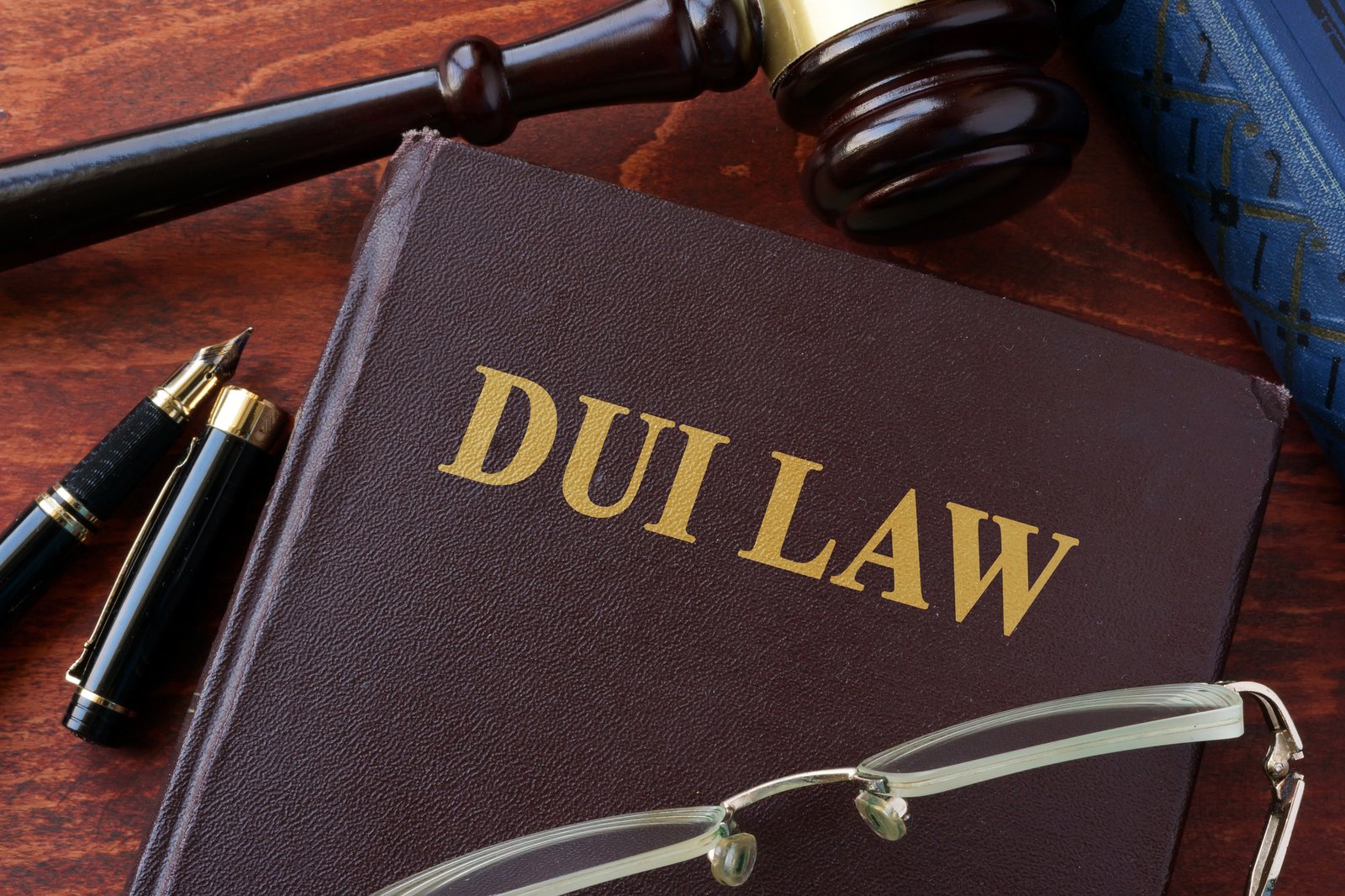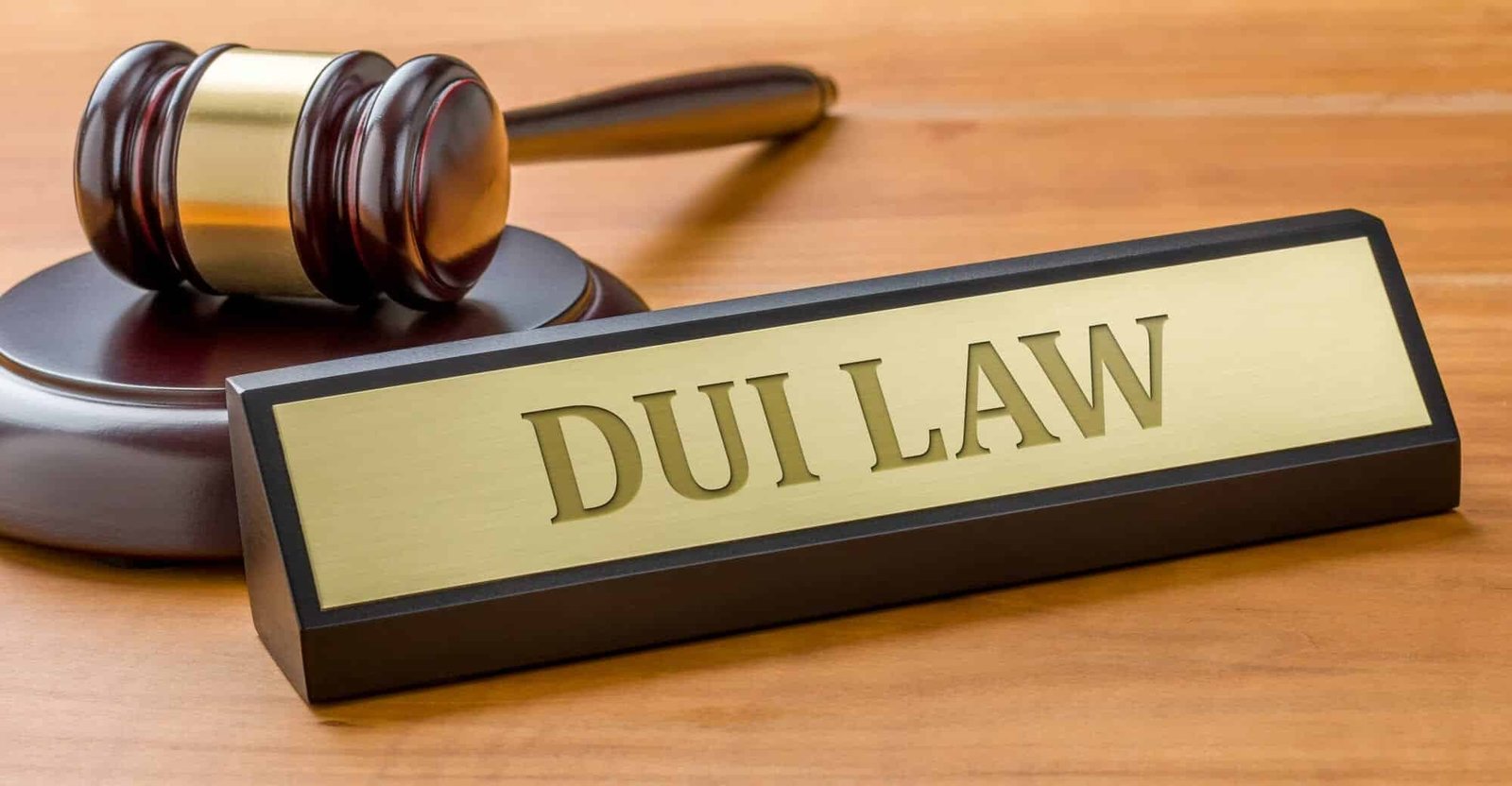A DUI (Driving Under the Influence) or DWI (Driving While Intoxicated) conviction can have serious legal consequences that impact various aspects of your life. Understanding these consequences is crucial for navigating the legal system and making informed decisions if you are facing a DUI/DWI charge. This article explores the potential penalties, impacts on your driving record, and strategies for addressing a DUI/DWI conviction.
Understanding DUI/DWI Charges
1. Definition and Legal Basis
What is a DUI/DWI?
- DUI/DWI Definition: A DUI (Driving Under the Influence) and DWI (Driving While Intoxicated) refer to charges related to operating a vehicle while impaired by alcohol or drugs. The legal definitions and thresholds for impairment can vary by jurisdiction.
- Legal Thresholds: Most jurisdictions set a legal blood alcohol concentration (BAC) limit, typically 0.08% for adults. If your BAC is above this limit, you may face DUI/DWI charges.
2. Factors Influencing DUI/DWI Charges
Factors Affecting Charges
- BAC Level: Higher BAC levels often result in more severe charges and penalties.
- Prior Convictions: Previous DUI/DWI convictions can lead to enhanced penalties and charges.
- Aggravating Factors: Additional factors, such as driving with a suspended license, having minors in the vehicle, or causing an accident, can exacerbate the charges and penalties.
Potential Penalties for DUI/DWI Convictions

1. Criminal Penalties
Consequences of a Conviction
- Fines: Convictions typically result in monetary fines, which can vary depending on the jurisdiction and severity of the offense.
- Jail Time: Incarceration may be imposed, especially for repeat offenders or cases involving aggravating factors. Sentences can range from a few days to several years.
- Probation: Instead of or in addition to jail time, you may be sentenced to probation, which includes supervised release and compliance with specific conditions.
2. License Suspension and Revocation
Impact on Driving Privileges
- License Suspension: A DUI/DWI conviction often results in the suspension of your driver’s license for a specified period. The length of suspension can vary based on the jurisdiction and the circumstances of the offense.
- License Revocation: In more severe cases or for repeat offenders, your license may be revoked, requiring a more extended period before you can apply for reinstatement.
3. Additional Penalties
Collateral Consequences
- Alcohol Education Programs: Many jurisdictions mandate participation in alcohol education or treatment programs as part of the sentencing.
- Ignition Interlock Devices: Some offenders may be required to install an ignition interlock device in their vehicle, which measures BAC before allowing the engine to start.
Impact on Your Driving Record
1. Points on Your Record
Points System
- Accumulation of Points: A DUI/DWI conviction typically results in points being added to your driving record. Accumulating too many points can lead to additional penalties, such as increased insurance rates or further license suspension.
2. Long-Term Record Implications
Criminal Record
- Permanent Record: A DUI/DWI conviction creates a permanent criminal record that can impact various aspects of your life, including employment opportunities and background checks.
- Expungement Options: In some jurisdictions, it may be possible to have a DUI/DWI conviction expunged or sealed after a certain period or under specific conditions.
Strategies for Dealing with a DUI/DWI Conviction
1. Legal Representation
Seeking Professional Help
- Hiring an Attorney: Consult with a criminal defense attorney specializing in DUI/DWI cases to navigate the legal process, build a defense strategy, and explore potential plea deals or reduced charges.
- Defensive Strategies: An attorney can help identify legal defenses, such as challenging the validity of the BAC test or questioning the legality of the traffic stop.
2. Compliance and Rehabilitation
Meeting Legal Requirements
- Complying with Court Orders: Adhere to all court-ordered conditions, such as attending alcohol education programs, paying fines, and completing community service.
- Rehabilitation Programs: Participate in rehabilitation programs to address any underlying substance abuse issues and demonstrate a commitment to positive change.
Conclusion
A DUI/DWI conviction can lead to severe legal consequences, including fines, jail time, license suspension, and long-term impacts on your driving record and personal life. Understanding these potential penalties and working with legal professionals to navigate the process is crucial for mitigating the effects of a conviction. By seeking appropriate legal representation, complying with court orders, and addressing any substance abuse issues, you can work towards minimizing the impact of a DUI/DWI conviction on your life.









